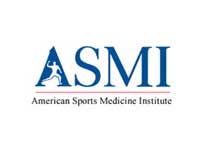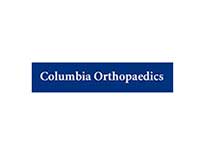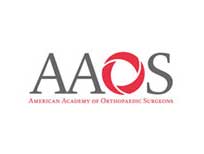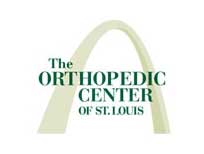ACL Injury Treatment
Schedule An AppointmentThe ACL, or anterior cruciate ligament, is one of the main ligaments of the knee and plays an important role in the structure and function of the knee. The ACL runs from the front of the tibia (shinbone) to the back of the femur (thighbone) and keeps the knee stable during dynamic movements, such as cutting, jumping, decelerating, or twisting motions. Not only are ACL injuries painful, but they also make it extremely difficult to complete your normal daily activities.
We at Mark Miller, MD are committed to helping you get back in the game, back to work, and back to your normal activities as soon as possible. As one of the leading knee specialists and orthopedic surgeons in the St. Louis area, Dr. Mark Miller has used his years of training and knowledge to provide expert treatment for ACL injuries. Make an appointment with Mark Miller, MD today!
ACL Injuries
There are two different types of ACL injuries: ACL sprain and ACL tear. An ACL sprain is when the ligament has sustained some minor to moderate tearing, but has remained intact and can still perform its designed function. Whereas an ACL tear (also known as ACL rupture) is when the ligament has sustained more severe damage resulting in a partial or complete tear of fibers and can no longer perform its designed function.
ACL injuries are one of the most common ways people hurt their knees. They often happen when playing football, soccer, basketball, tennis, volleyball, and other sports such as skiing, running, and gymnastics. About half of ACL injuries occur with other knee injuries, such as meniscus injuries.
ACL injuries are often caused by:
- Twisting the knee when the foot is planted on the ground
- A direct blow to the knee
- Hyperflexion or hyperextension of the knee
- Jumping and landing on a flexed knee
- Not stretching
- Suddenly stopping when running or suddenly shifting weight from leg to leg
Learn more by reading our ACL tear FAQs.
Torn ACL Symptoms
While every ACL injury is unique, an ACL tear usually results in sudden, sharp pain and the sensation of the knee giving out. Many patients report having felt or heard a “pop” when they injure their knee. In addition, the knee commonly swells within the first 1 to 3 hours after the injury and most patients report difficulty walking. If the ACL tear is more chronic in nature, the injury most commonly leads to shifting or the knee giving out with activity. If you ignore the injury and try to continue with normal activities, you can cause further damage.
ACL injury symptoms include:
- A popping sound or sensation in the knee
- Immediate severe pain
- Swelling
- Tenderness
- Instability
- Weight-bearing makes the knee give out
- Knee locks up
- Unable to straighten the knee
- Loss of range of motion
Any type of knee pain should not be ignored as it could be the sign of a serious problem. The quicker you consult with our knee specialists, the more likely it is that you can achieve a full recovery with minimal invasion. An examination in our office can usually determine how severe your ACL tear is by testing the ability of the ligament to prevent the tibia from moving forward on the femur. Request an appointment today.
ACL Injury Treatment
When diagnosing ACL injuries, our doctors consider various factors when developing a knee pain treatment plan. The ACL cannot heal on its own, but not all ACL tears need to be fixed with surgery. Whether or not the ACL needs to be treated depends on your desired activity level. People who lead a more sedentary lifestyle may be able to get by with exercise and a brace to stabilize the knee.
We will attempt nonsurgical treatment options before recommending ACL surgery; however, ACL tear surgery may be necessary in some cases. For people who use their ACL heavily for their job or sports and are unwilling or unable to modify their activities, we encourage them to consider ACL surgery to prevent further damage to the knee.
ACL injury treatment may include:
- ACL Physical therapy exercises
- Stretching
- Icing techniques
- Compression
- Elevation
- Anti-inflammatory medications
- ACL surgery
ACL Injury Prevention
Many ACL injuries can be prevented if the muscles surrounding the knees are strong and flexible. Accidents cannot always be avoided, but you can take certain precautions to help strengthen your knee, preserve mobility, and reduce the risk of injury.
- Strengthen and stretch your thigh and leg muscles regularly
- Maintain flexibility
- Practice good technique
- Focus on balance
- Use proper footwear
- Warm up and stretch before performing heavy physical activity
- Take a gradual approach when increasing the level of your workout or physical activity
ACL Injury Doctor Chesterfield
If you believe you may have a torn ACL from a sports injury or other incident, contact Mark Miller, MD. Our St. Louis area ACL doctors are dedicated to providing the highest level of care for knee and shoulder injuries and conditions. Let us help you return to your normal lifestyle, schedule an appointment today!






